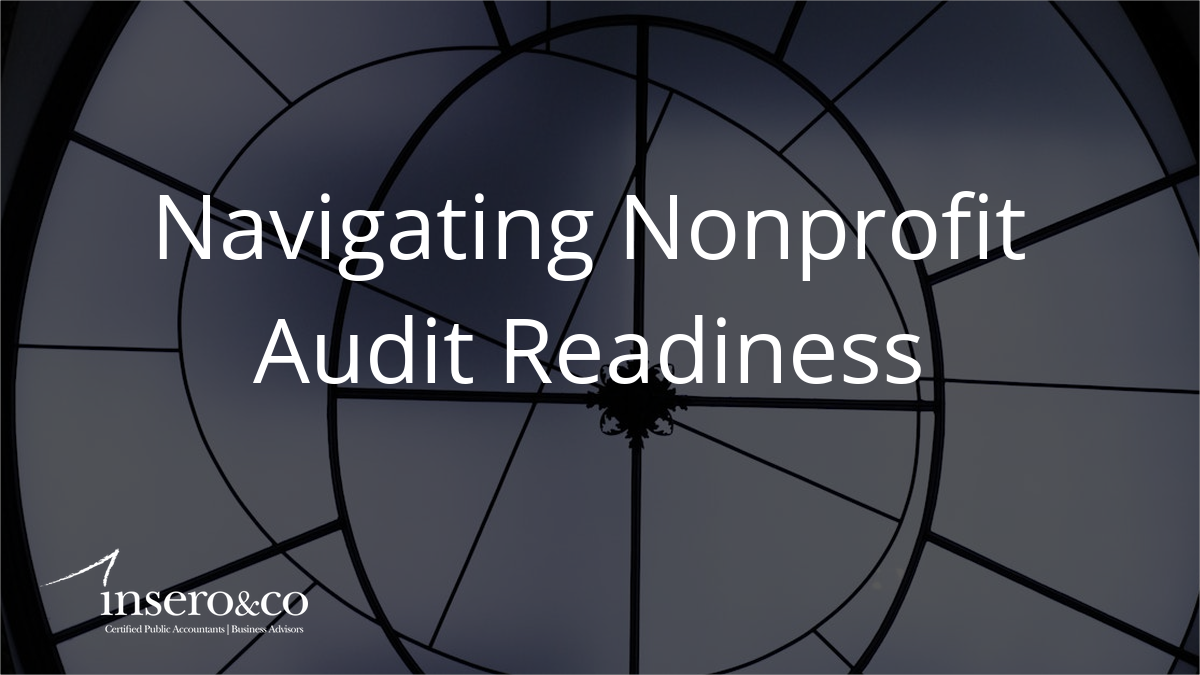Successful nonprofits tend to have healthy, energized boards of directors. Board members don’t just show up—they actively participate in meetings, fundraise, provide thoughtful oversight, and much more.
The challenge for many nonprofits is to build and then maintain a strong and engaged board. One way to do this is by performing a periodic board assessment, which can accomplish a number of important goals:
- Illustrate (and reiterate) the board’s importance to the organization
- Define roles and prevent duplication of effort among board members
- Provide opportunities for self-reflection regarding strengths, weaknesses, etc.
- Create a baseline for future efforts
- Help begin essential conversations (about term limits, recruitment, etc.)
- Provide a format for expressing concerns and raising or revisiting concerns
How to build a board assessment
If you think your nonprofit would benefit from a board assessment, begin by asking these two fundamental questions, which will drive the framework for your assessment:
- Why does this nonprofit exist?
- How can our board help advance our mission?
There is no single template for board assessments. Depending on your needs, you can tailor the format, questions, grading scales, and more. For example, you might want to ask each board member to rate the board on a scale from 1-5 on topics such as performance on core responsibilities, understanding the mission, and succession planning.
Typically, you’ll want to describe each item you ask about, such as what exactly the board’s core responsibilities are. That ensures that every board member is responding based on the same understanding, and it helps to educate board members who may not have a full understanding of every topic.
Another best practice is to leave room for comments, which can add depth and insight to the results. Remember that your goal is not only to gather information from board members but also to encourage them to reflect on their individual and collective performance, which can lead to new ideas and insights, as well as a greater feeling of belonging.
When you collect and compare all of the board assessments, you can identify challenges, strengths, and opportunities, which can be relayed to board members. Using that information, you can then start to outline the topics of conversation in your timeline for governance agendas.
Learn More
Insero & Co. has worked with nonprofits for more than 40 years. Our experienced experts are available to help you with outsource accounting services, audit services, employee benefit plan audits, and other services designed to free you to focus on mission-critical work.





